AT THE HELM
AT THE HELM - Sajjan Jindal, Managing Director, JSW Group
- IBJ Bureau
- Sep 08, 2025
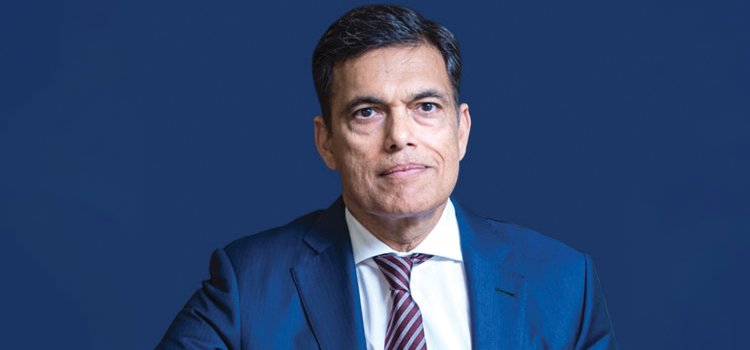
Sajjan Jindal stands out starkly among India Inc. The
65-year-old chairman of the JSW Group has lined up huge investments across
sectors. The Mumbai-headquartered diversified conglomerate’s big capital
expenditure (capex) plans are a silver lining amid dark clouds of private capex
almost running dry.
Last March, the JSW Group forayed into the automobile
sector by forming a joint venture with China’s largest carmaker SAIC Motor. The
JV – JSW MG Motor India – has scheduled a launch of its own electric vehicles
(EVs) by 2027. Then, at the beginning of 2025, the over
Rs 1,70,000-crore JSW Group announced that it would invest
Rs 3,00,000 crore across critical sectors in Maharashtra. The investments range
from expanding its presence in EVs, batteries, steel and green energy sectors.
The capex programme includes expansion and enhancement
of steel manufacturing capacities with clean and green technologies; launching
pioneering green energy projects for a sustainable future; setting up advanced
manufacturing units for new-age EVs, high-performance lithium-ion batteries and
solar wafer and cell modules.
Later, in February 2025,
Mr Jindal’s business conglomerate lined up Rs 1,20,000-crore across a wide
range of sectors in Karnataka. The capex programme has slotted Rs 43,000 crore
to expand JSW Steel’s Vijayanagar plant with advanced technologies and tools
like AI, and robotics, among others. The investment also involves acceleration
of solar and wind energy and green hydrogen and expansion of its cement and
paint production capacities.
Mr Jindal is not bucking the trend only in terms of
investments. It has been a very inherent quality of the JSW Group chief to swim
against the tide. Betting on new technologies and being adventurous have been a
part and parcel of his life, and this perhaps has helped him achieve success
almost every time.
Mr Jindal’s adventurous streak was at display, perhaps
for the first time, way back in 1982. Fresh out of Ramaiah Institute of
Technology, Bengaluru, after graduating in mechanical engineering, young Sajjan
joined the OP Jindal Group as a manager. Within two years, he was asked by his
father, the late O P Jindal, to head to Mumbai and look after the group’s
operations in the western region.
Mr Jindal was asked to turn around the two loss-making
steel plants near Mumbai. Working side by side with his engineers on the
shopfloor and banking on new technologies, the two plants were brought back
into the black.
His biggest bet was perhaps setting up a mega steel
plant, equipped with ultra-modern technologies, in Vijayanagar near Bellary in
Karnataka in 1994. Over the years, JSW Steel has become the country’s
third-largest steel company by production. Besides, JSW is the fourth-largest
paint-maker after acquiring Indian operations of Akzo Nobel recently and is
also a major cement company. Mr Jindal is now all set to drive out the group’s
first EV in the next two years.
The road ahead is certainly not smooth, and Mr Jindal
knows it very well. Growing protectionism and Mr Trump’s tariffs have turned
the world upside down. Mr Jindal – a strong votary of robust domestic
manufacturing and domestic supply chains – could be ready with a gameplan to
emerge out of the turmoil.

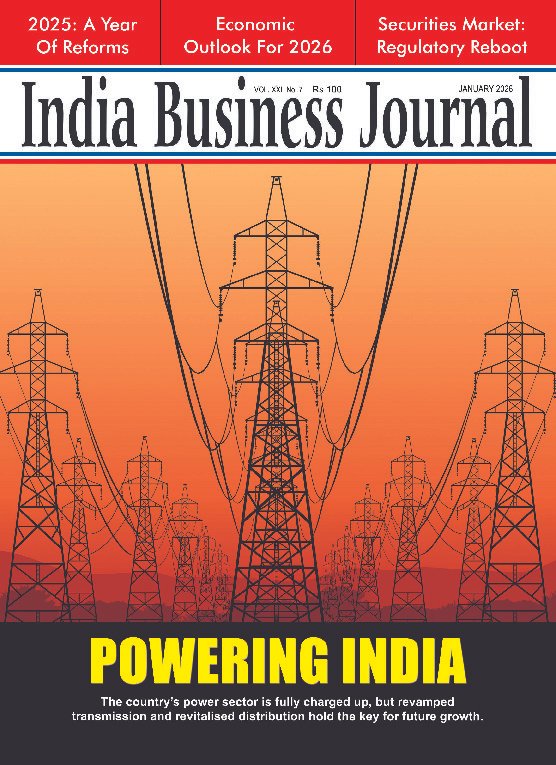

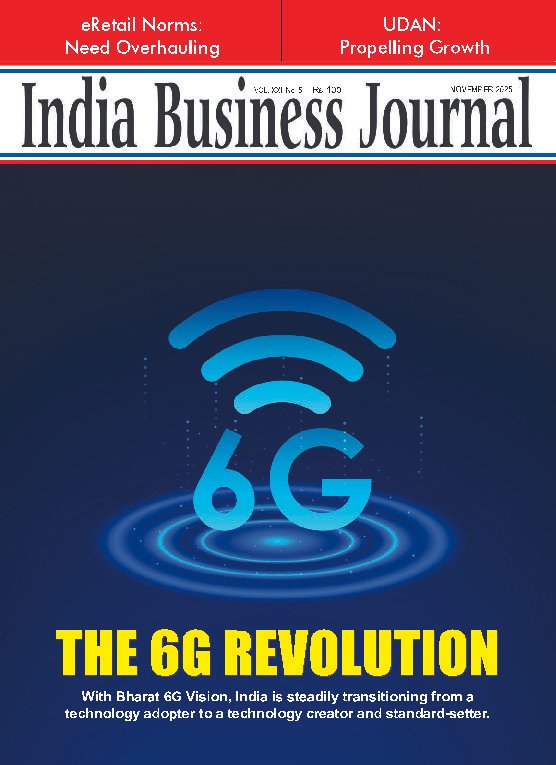
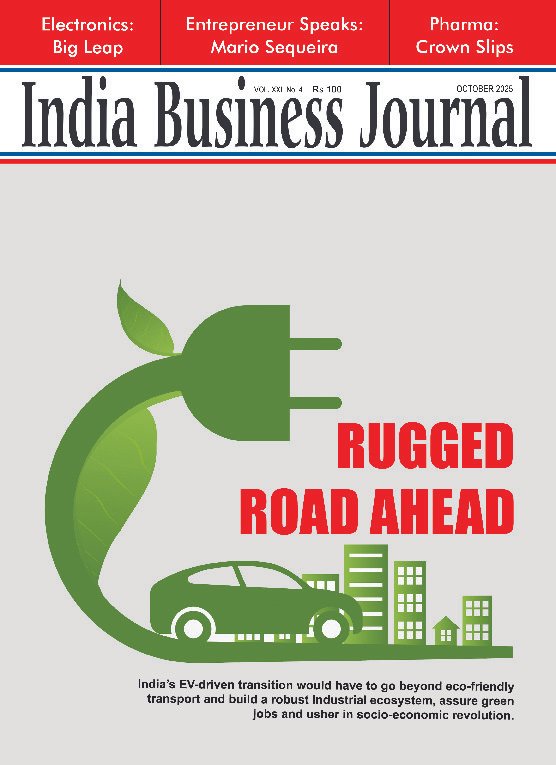
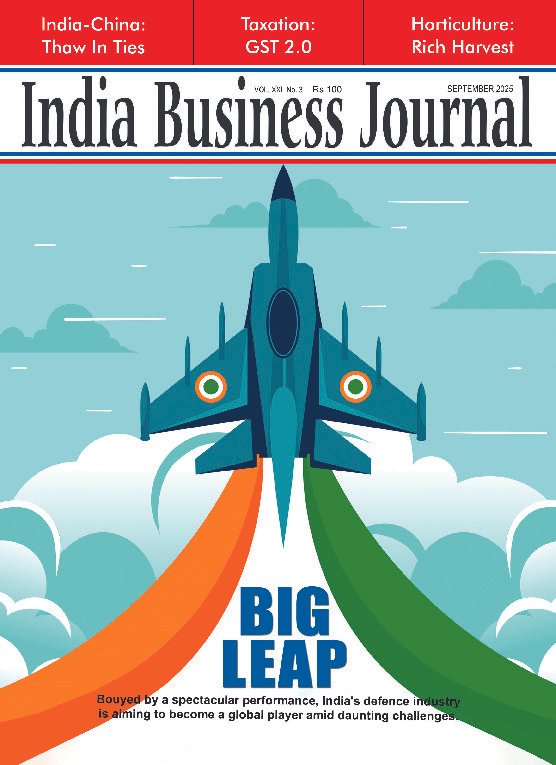






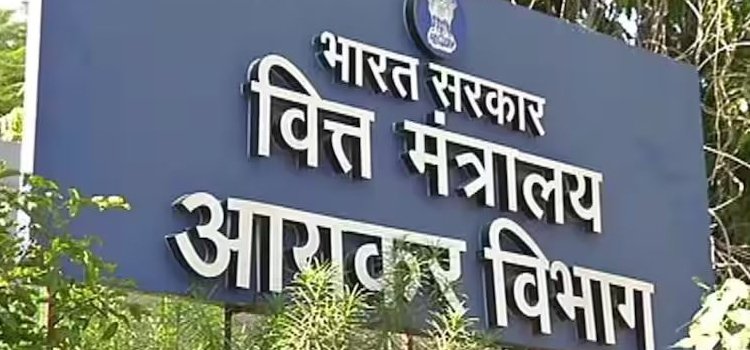
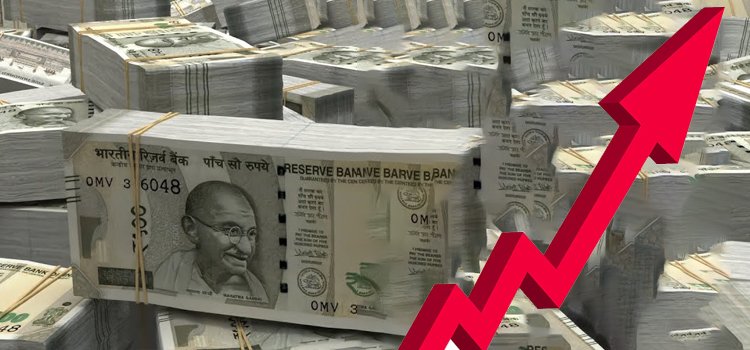
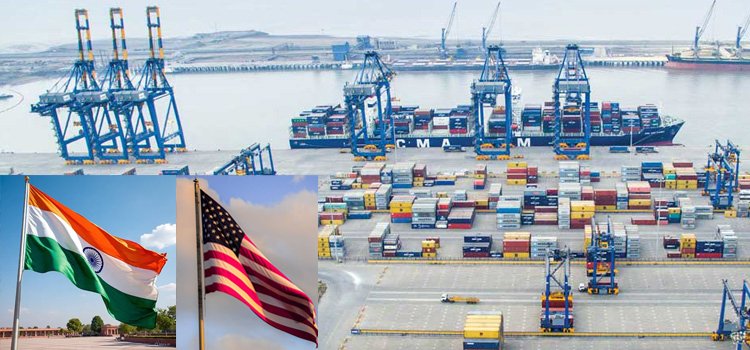
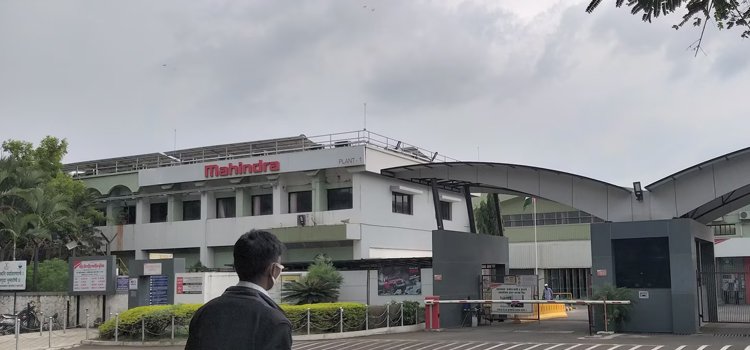





Report By
View Reporter News